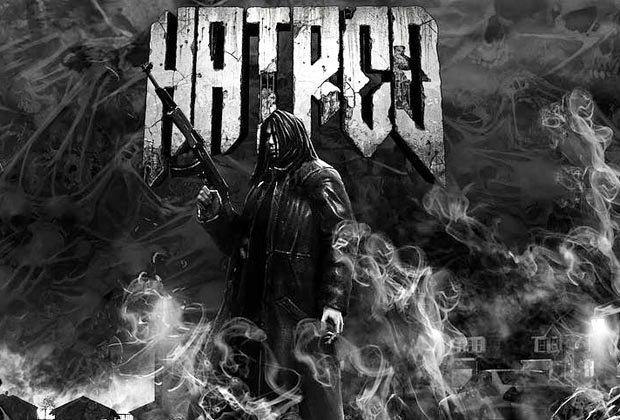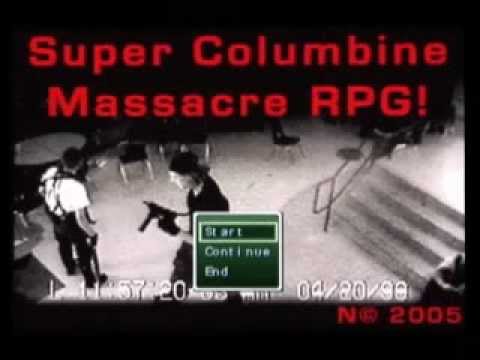
This was puzzling to me when I first read about the release of a children’s game centered around the slave trade. Clearly, in recent years there has been more attention brought to racial issues, many people still bringing up the feelings revolving around the U.S. being founded on the work of slaves. Here, this Denmark based game called “Playing History- Slave Trade” came under fire for multiple reasons, understandably. Looking at the graphics alone, the slave characters are caricatures of black people- almost literally black skin, comically large lips, and thick afro hair. What strikes me initially is the use of the word ‘negro’ over slave posters in the game, which is catered towards 11-14 year old children. In the mini intro to the game, the captain refers to his slave as a “son of a jungle jim” and a “moronic human being”, and I suppose this is supposed to mimic what actual slave owners would say to their captured slaves, but for what reason?
Before even getting into greater issues of why this game was an awful idea from the start, the primary reason this game came into the spotlight at all was after a Danish gamer Jim Sterling played the game, which featured a twisted version of tetris where kids would stack the bodies of slaves into the bottom of a ship to earn points and advance the level. Oh sorry, my mistake, this was to show the horror of the slave trade and how inhuman the conditions were. How could I now have known that?
Sarcasm aside, what’s interesting to note here is the reaction to this game. Most people figured that the creation of the game in itself was not bad, as it was meant to be an educational tool, featuring historically accurate information and not in any way glamorizing slavery or painting slave owners in a positive light. While this many have been the intention, relying on cheap caricatures, insults, and the narrative in the form of a game at all is offensive on so many levels. This company has faced criticism before in regards to other games, and this isn’t surprising coming from a Danish company, as Denmark has been known for its racist remarks and gestures towards many people of color. The idea that this was meant to be educational in any way is laughable.
When learning about the slave trade and the history of slavery, it’s important not to dilute the tragedies and realities for children, especially those in middle school. To portray such a tragic period in our history as a video game is a joke. Slavery is something to be learned about in a classroom , from literature and film, from history books, not from a poorly animated and tasteless children’s game.
The opposition toward the game really was targeted at the Tetris portion, as most adults who played the game felt it was educational and provided a somewhat accurate historical representation of slavery. The game company responded to the backlash with insensitivity commenting in a tweet:
“The game and trailer was updated Monday. Slave Tetris has been removed as it was perceived to be extremely insensitive to some people.”
And here we see why this was put out in the first place. Noting that this game was “perceived” to be insensitive implies that there is nothing inherently , objectively wrong with the game, which there clearly was from the start. I doubt any black people were involved at all in the creation of this. Secondly, the face that it was seen in this way “by some people” brings about the concept of censorship, and what constitutes as “enough” people being bothered by something. I’m not going to applaud Serious Games for taking Tetris down because it clearly shouldn’t have been put there to begin with.
When dealing with an issue as touchy as the enslavement of human lives, there is a limit and Serious Games crossed that line big time. I imagine prepubescent kids laughing about stacking up ‘negroes’ in a ship, traveling in this game to ‘exotic Africa’, speaking with chiefs, and smuggling slaves off of ships into freedom and it’s disturbing. The intended audience was not who ended up primarily playing the game; it was adults who wanted to have a laugh about something that greatly affected where they are today, but has no emotional impact on them whatsoever. Black people are still laughable buffoons, to be taken apart in the media, looked at as less than human, and done for the sake of some educational ploy? I don’t buy it, but many did and it sold pretty damn well.






